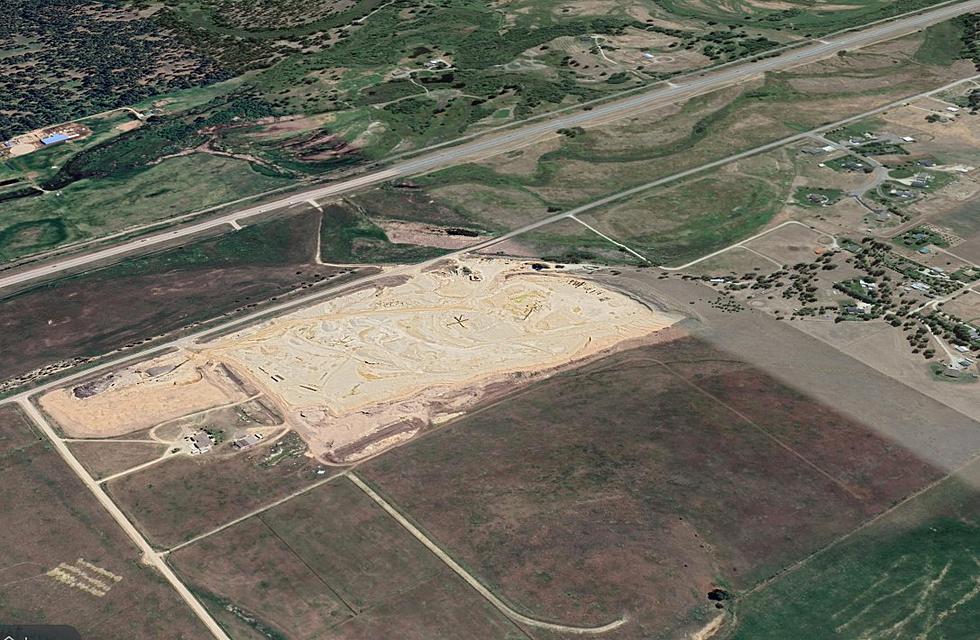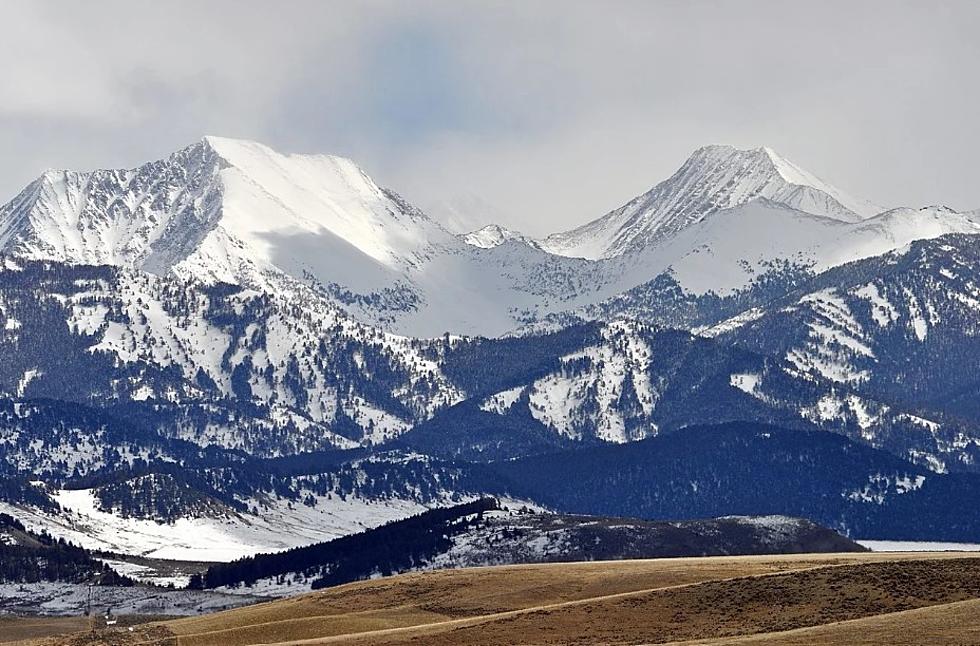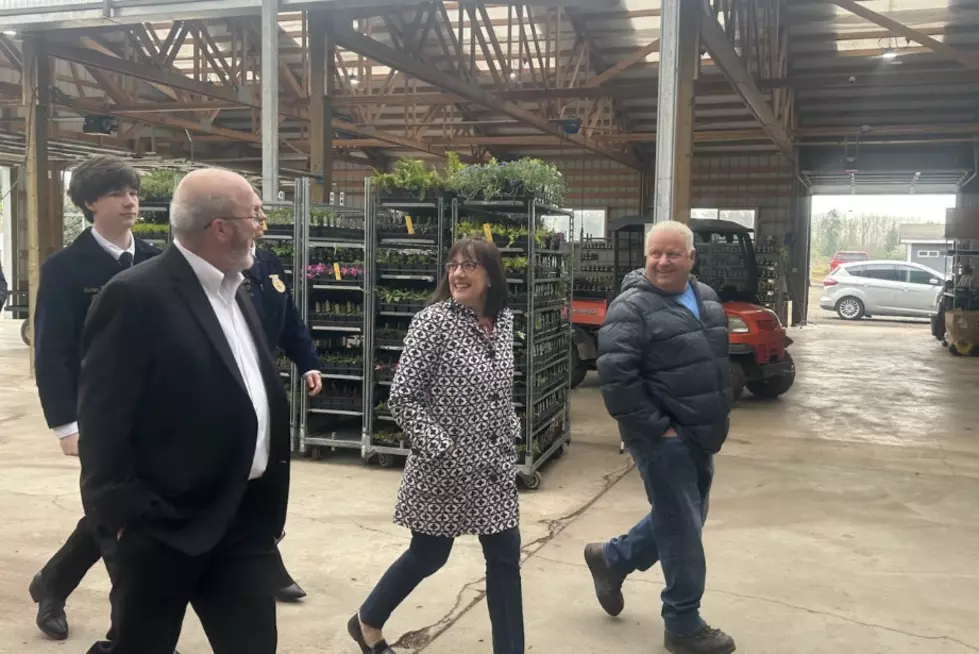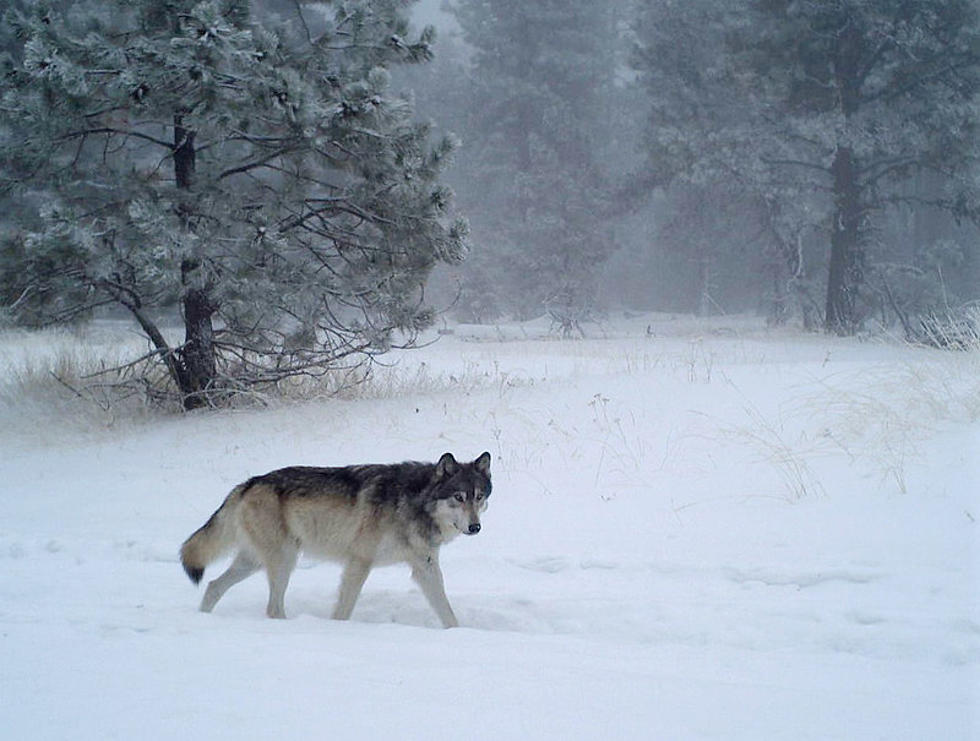
Viewpoint: Sage Grouse collaborative conservation effort failing
Mike Garrity writes, "No matter what election-year fiction Stone-Manning spreads about the great success of the collaborators' plan, the reality is that sage grouse are staring extinction in the face."









